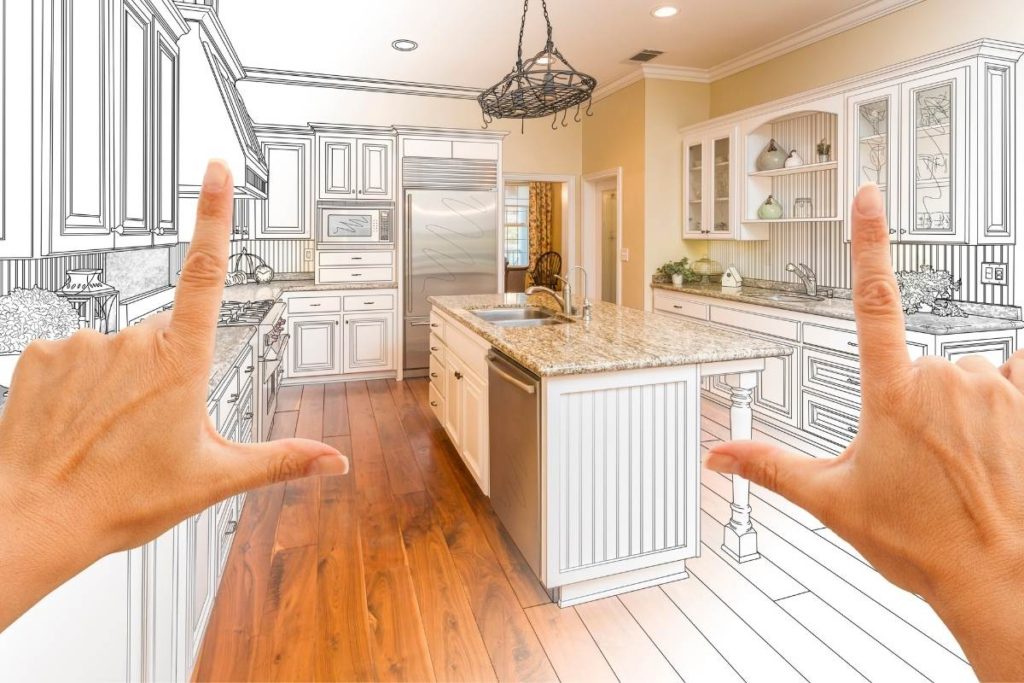It’s essential to know how to store your valuables correctly to maintain their quality for years. However, simply putting them away isn’t enough: you need to take specific care with each item based on what it is. For example, you’ll need to treat vinyl records differently than paintings or jewelry. If you see a gun safe for sale, it could be a great way to store those items that require more care, while storage boxes are an ideal option for ornaments and heirlooms.

Antiques
Keep your family heirlooms in the best condition by storing them thoughtfully. Before you tuck them away, get all your items valued to know their worth. We highly recommend that you get insurance coverage for your antiques. Filing away certificates and receipts of authenticity, plus photographic copies of each item, can help in the event that you need to make a claim.
Never store your valuable antiques in an area of your home that is subject to extreme temperature changes, high humidity, or pests. Antique furniture is also a target for thieves, so choose a storage site with good security.
Artwork
When storing works of art, such as oil paintings, sculptures, or charcoal drawings, you must take care to protect them from the elements. Art should be stored either in a room with a consistent temperature or in art storage boxes that will protect the artwork from temperature extremes. Basements and attics are not good places to store paintings because the temperature in these locations can fluctuate significantly throughout the year.
Rotating your artwork periodically is a good way to prevent fading when stored in an area with natural light, and be sure to keep it protected from direct sunlight, as this can cause damage. To keep your drawings and paintings in good condition, store them upright on horizontal racks.
Fine China and Sterling Silver
China is very fragile, so taking extra care is essential with these kinds of items. Cleaning and drying each piece before storage is recommended. To ensure they are protected, bubble wrap each one and place it in a strong box that will keep it safe from being weathered. It’s always clever to use protective inserts when storing items in boxes, and you should also avoid packing things too tightly, as this can put extra unwanted pressure on them and cause damage.
Although it might seem that flatware is easier to take care of compared to dishware, there are still some considerations to think about. For instance, sterling silver flatware is prone to physical damage and discoloring from moisture, acid, and other elements. To store sterling silver properly, always use tissue that is free from acid. To stop condensation from combining with your possessions, wrap them individually in plastic bags.

Jewelry
Jewelry, including vintage pieces like engagement rings, should be stored properly in order to preserve its value and keep it in pristine condition. To avoid damage to jewelry, it’s recommended that you keep it in the original box whenever possible. Alternatively, you can use a container or boxes with sturdy exteriors and a soft interior if you don’t have the original boxes. The robust exterior will help to protect your jewelry from getting damaged by potentially weathered expositions, while the soft lining will prevent any shine or sparkle from being lost from your jewelry.
You can also arrange your stored jewelry by style to make it easier to find. To keep things streamlined, store earrings in their original boxes or use earring caddies. In the case of necklaces, find a soft bag, box, or container to keep them in so they don’t get tangled and break.
Mixed media
When you must store valuables such as property deeds, certificates of birth, and other documents, it’s especially important to store them properly. Therefore, we recommend using acid-free folders or archival plastic enclosures for this purpose. Fragile documents are supported while keeping things organized are two benefits of these products. In addition to protecting your items against dust, pests, and light, cardboard boxes and plastic containers can be used as storage.
To prevent damage, certain media must be stored in an upright position rather than being stacked on top of one another. For example, it’s generally recommended that books are stored upright in order to prevent any excess pressure on the spine that has the potential to cause warping.

Common hazards to avoid with all precious Items
-
Extreme temperatures
Maintaining a consistent temperature is crucial for storing valuables, as varied temperatures can damage them in numerous ways. It’s always best to keep your items inside where you can control the temperature, keeping them away from any harsh weather conditions.
-
Excess sunlight
Sunlight is one of the worst things for valuables. It can damage nearly anything, including art, clothes, furniture, and paper items. Over time, sunlight will fade colors and dry out materials, so it’s crucial to store valuables away from direct sunlight.
-
Too much or too little humidity
Keep your valuables safe by monitoring the humidity in your home. Too much moisture can encourage mold growth, rust, and pests. Conversely, too little humidity will cause clothing, furniture, and paper to become brittle or shrink.











